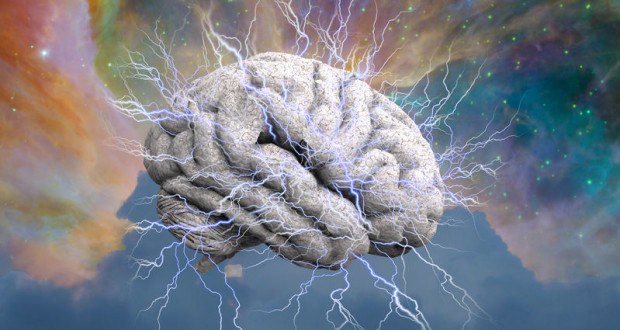Learning and retaining new information is one of the most crucial tasks the brain must perform. Unfortunately, such actions are often easier said than done, especially among those who are in the grip of cognitive decline. A recent report indicates that giving the brain an electric jolt could have a notable impact on mental health.
Electric-Powered Eyes
Released in early 2016, this study was authored by researchers from Catholic University Medical School in Rome. The team examined the effects of electric current on laboratory mice, using a technique known as Transcranial Direct Current Stimulation (tDCS). In recent years, tDCS has been used to address stroke, depression and bipolar disorder in humans.
While tDCS might seem complicated, the way in which this process works is actually fairly simple. After attaching a pair of electrodes to the rodents’ scalps, the team subjected the mice to twenty minute bursts of weak electric currents. After receiving this treatment, each mouse underwent testing designed to measure memory retention.
The study noted that the subjects performed better after receiving tDCS. Specifically, these four-legged participants were better able to maneuver through watery mazes. In addition, they also had more success in telling the difference between familiar items and more exotic objects. Upon documenting the behavior of the mice, the authors concluded that tDCS therapy boosted neuron activity in the brain, allowing these cells to better connect to one another.
Finally, the report also emphasized the role of BDNF (brain-derived neurotrophic factor) proteins in brain functionality. The development and performance of neurons is closely tied to BDNF production.
Help For Vets?
This research was sponsored by the U.S. Office of Naval Research Global (ONR Global) , an office within the US Department of the Navy. In a statement describing the report’s findings, ONR Global Associate Director Dr. Monique Beaudoin noted that tDCS could eventually be used to improve the mental health of veterans. “Our warfighters face tremendous challenges that are both physically and cognitively taxing,” stated Beaudoin. “”We want to explore all interventions that could help them stay healthy and perform optimally in these environments–especially when treatments are potentially noninvasive, effective and lead to long-lasting changes.”
 Natural Knowledge 24/7 Educate yourself with nutrition, health and fitness knowledge.
Natural Knowledge 24/7 Educate yourself with nutrition, health and fitness knowledge.






